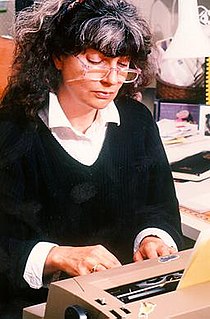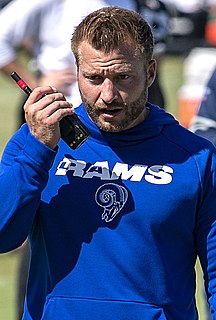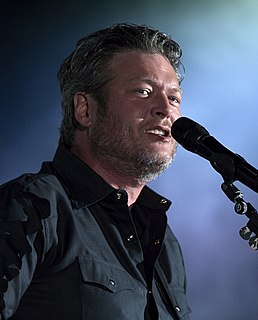A Quote by Charles Caleb Colton
We often regret we did not do otherwise, when that very otherwise would, in all probability, have done for us.
Related Quotes
Otherwise I got out of bed on two strong legs. It might have been otherwise. I ate cereal, sweet milk, ripe, flawless peach. It might have been otherwise. I took the dog uphill to the birch wood. All morning I did the work I love. At noon I lay down with my mate. It might have been otherwise. We ate dinner together at a table with silver candlesticks. It might have been otherwise. I slept in a bed in a room with paintings on the walls, and planned another day just like this day. But one day, I know, it will be otherwise.
Economists may not know much. But we know one thing very well: how to produce surpluses and shortages. Do you want a surplus? Have the government legislate a minimum price that is above the price that would otherwise prevail. That is what we have done at one time or another to produce surpluses of wheat, of sugar, of butter, of many other commodities. Do you want a shortage? Have the government legislate a maximum price that is below the price that would otherwise prevail.
Medicine allows people to live who would otherwise die, so antibiotics will let people survive infections that they might be otherwise very vulnerable to and even little things might make a big difference, so I wear eyeglasses because my eyes aren't particularly strong, before there were eyeglasses someone at my age would probably not be good for much.
I often ask myself: "What would Theodore Roosevelt do?" One can never know, of course. The ultimate contribution of consequential leaders is often their capacity to reframe issues in novel ways. That said, his leadership engaged, at a foundational level, whether the American "national character" would accept decline and mediocrity, or would go all-in for leadership and excellence. Amid the myriad of otherwise disconnected issues before us, that choice is emerging yet again.






































